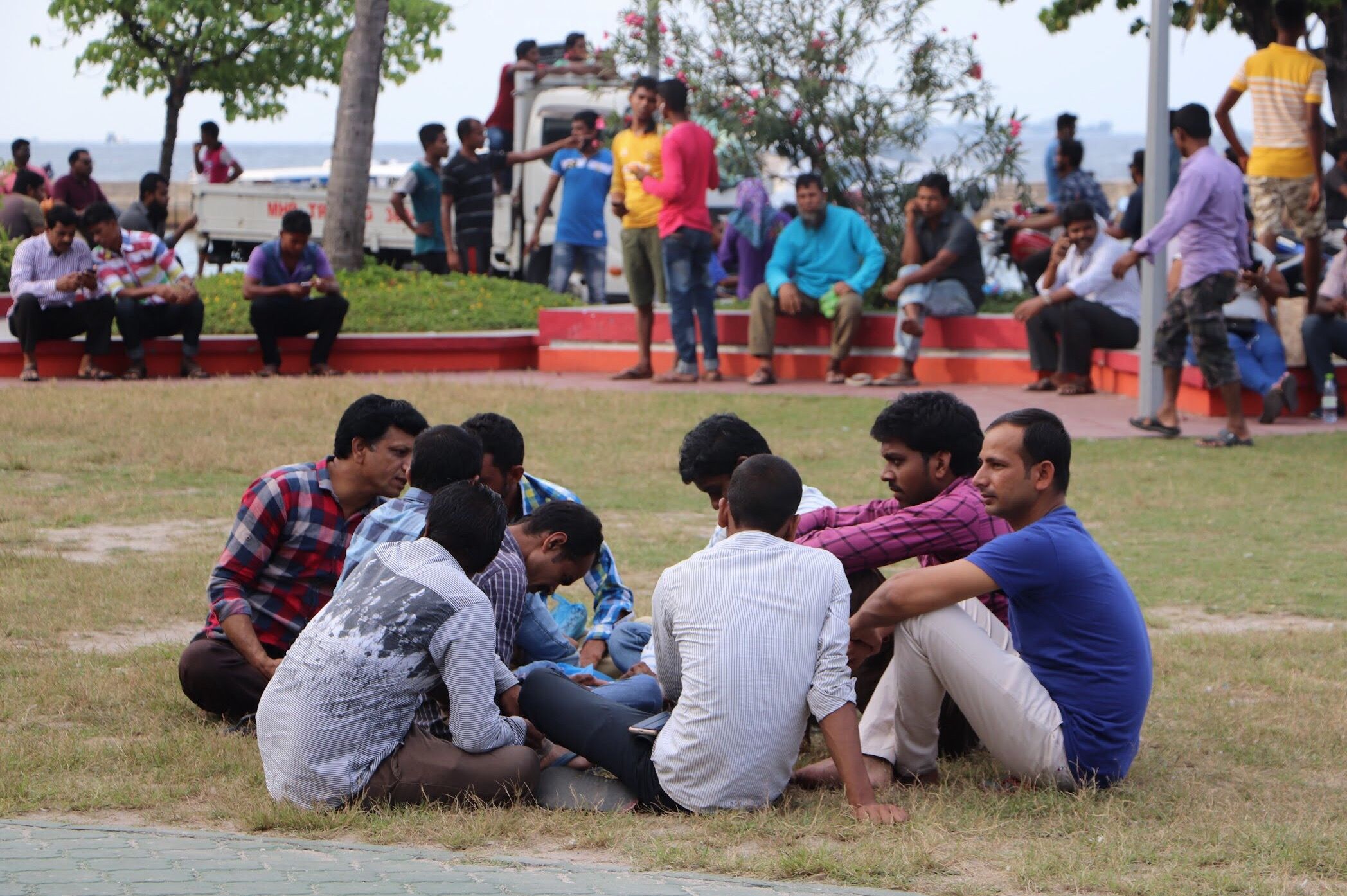Maldives downgraded on US human trafficking watchlist
A further downgrade could entail non-humanitarian and non-trade sanctions.

30 Jun 2018, 09:00
The Maldives has been downgraded on a United States watchlist for human trafficking over the failure to meet minimum standards for elimination.
The US State Department removed the Maldives from the watchlist last year following the first successful prosecution and conviction of traffickers.
However, the Maldivian government has since failed to “demonstrate increasing efforts compared to the previous reporting period,” according to the 2018 trafficking in persons report.
“The government’s investigation of possible trafficking cases decreased sharply, possibly as a result of poor victim identification efforts,” it added.
Become a member
Get full access to our archive and personalise your experience.
Already a member?
Discussion
No comments yet. Be the first to share your thoughts!
No comments yet. Be the first to join the conversation!
Join the Conversation
Sign in to share your thoughts under an alias and take part in the discussion. Independent journalism thrives on open, respectful debate — your voice matters.




